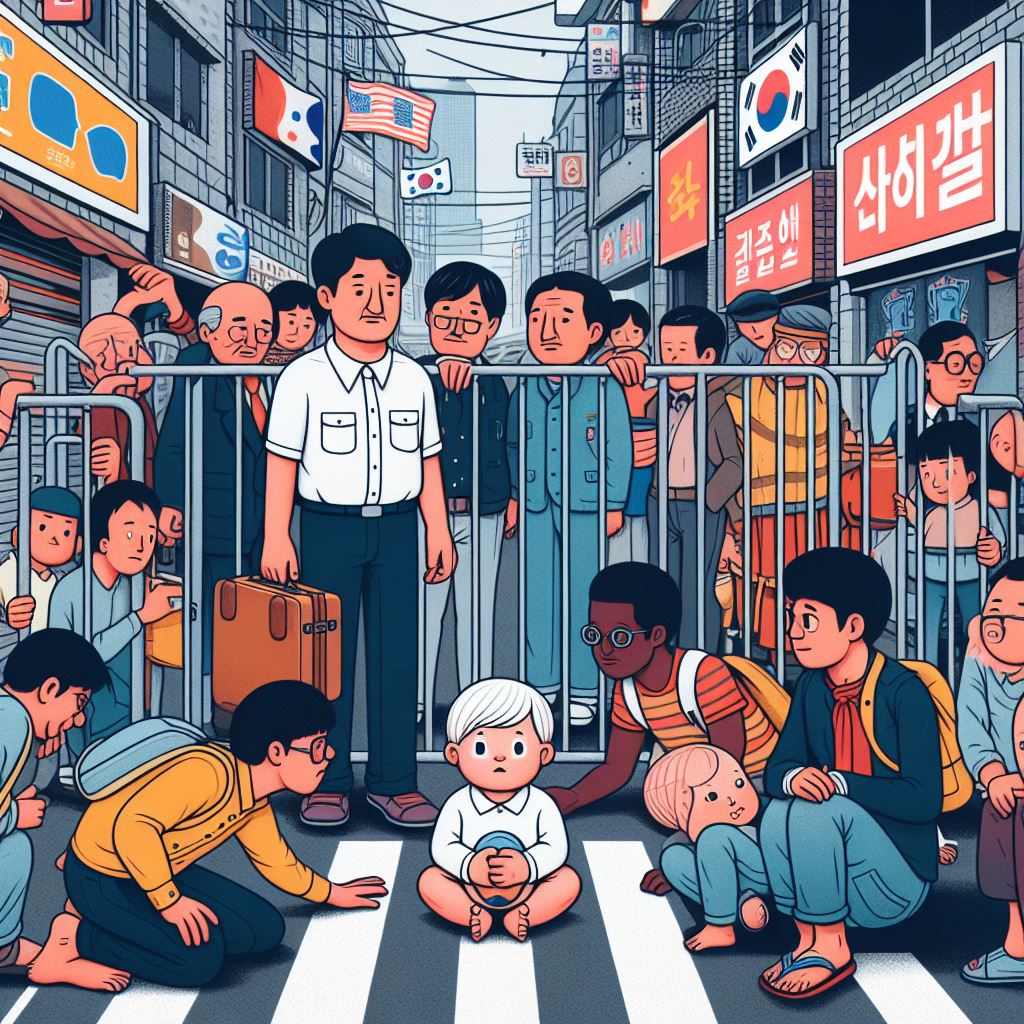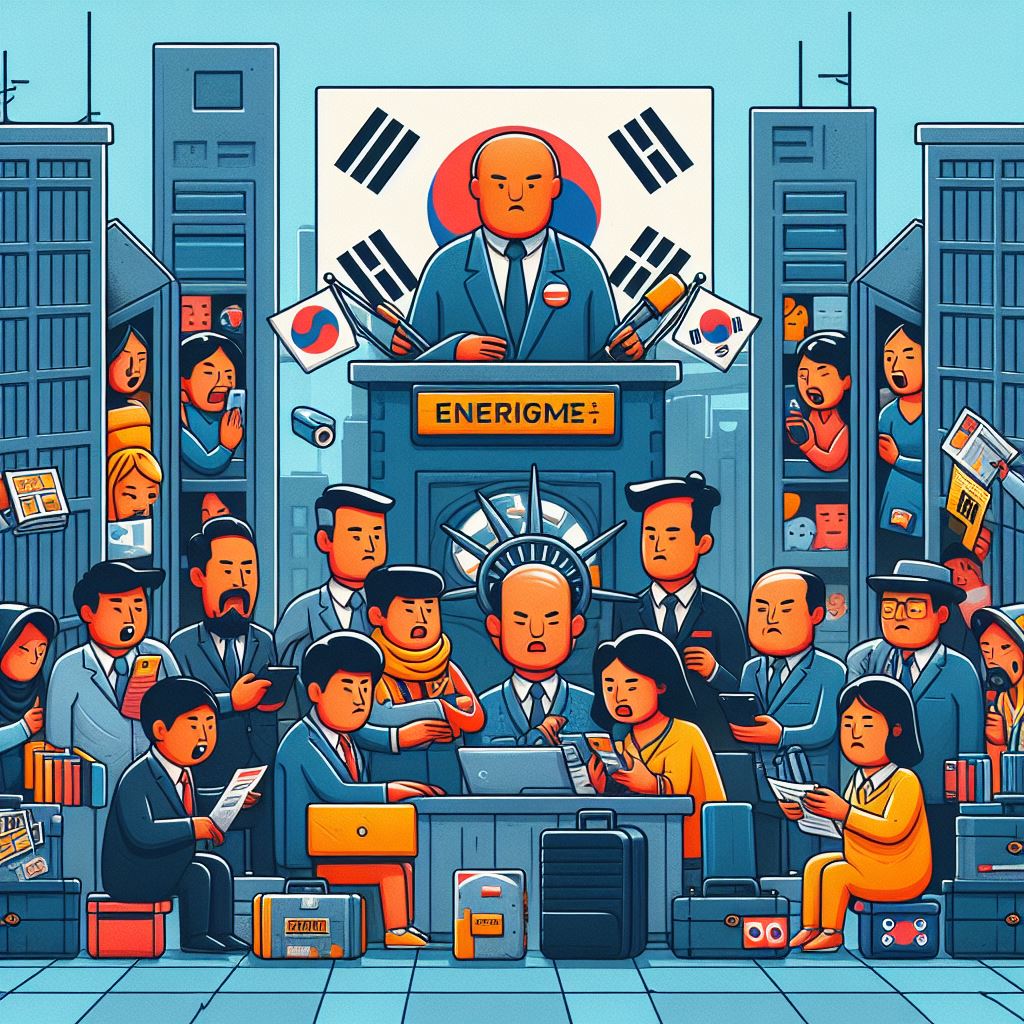為何韓國人這麼仇視外國人?
韓流風靡世界各地,除了藝人們的努力之外,成功的全球行銷策略也功不可沒。然而,韓國人對外國人卻是相當排斥,主要受到以下因素的影響:
歷史因素:韓國曾長期遭受外來勢力的入侵和統治,這可能造成一些人對外國人持有負面印象或排斥情緒。
文化差異:韓國文化與許多西方文化有很大的差異,這可能導致一些人對外國人的不理解或不適應,從而產生排斥情緒。
國家認同感:一些韓國人可能對自己的國家和文化感到自豪,對外國人的到來感到威脅,從而表現出排斥情緒。
經濟因素:在某些情況下,韓國人可能認為外國人的到來會對本地就業和經濟產生競爭,從而產生排斥情緒。
社會壓力:社會與家庭的期望可能導致韓國人對外國人持有排斥態度,因為與外國人接觸可能被視為不符合傳統價值觀。
需要指出的是,並非所有韓國人都排斥外國人,這只是一部分人的觀點和行為,並不代表整個韓國社會的態度。隨著全球化的進程和文化交流的增加,許多韓國人也開始更加開放和包容,並積極與外國人交流和合作。
在韓國餐廳工作過的一位白人女性提供她的見解,她的同事來自馬來西亞,但她們對待的方式完全不同。儘管馬來西亞同事能說一口流利的韓語,但當被發現是外國人的時候,餐廳開始一片混亂。有人會對她投擲毛巾或詛咒,而這位白人女性雖然韓文不流利,但從來沒有受到過針對,這位女性忿忿不平的表示,韓國普遍充滿仇外的心態。
The K-pop Wave has swept across the globe, owing not only to the efforts of Korean artists but also to successful global marketing strategies. However, Koreans themselves tend to be quite wary of foreigners, primarily influenced by the following factors:
Historical factors: Korea has a history of enduring invasions and domination by foreign powers, which may have led some individuals to harbor negative impressions or feelings of exclusion toward foreigners.
Cultural differences: Korean culture differs significantly from many Western cultures, leading to misunderstandings or discomfort among some individuals when interacting with foreigners, thus fostering feelings of exclusion.
National identity: Some Koreans may take pride in their country and culture, viewing the arrival of foreigners as a threat and consequently exhibiting exclusionary attitudes.
Economic factors: In certain situations, Koreans may perceive the arrival of foreigners as a threat to local employment and the economy, thereby fostering feelings of exclusion.
Social pressures: Societal and familial expectations may compel Koreans to hold exclusionary attitudes toward foreigners, as contact with foreigners may be seen as contrary to traditional values.
It is important to note that not all Koreans exhibit exclusionary attitudes toward foreigners; such attitudes are held only by a subset of the population and do not represent the entire Korean society. With the advancement of globalization and increased cultural exchange, many Koreans have become more open and inclusive, actively engaging in communication and cooperation with foreigners.
A Caucasian woman who worked at a Korean restaurant offered her perspective, noting the stark difference in treatment between herself and her colleague from Malaysia. Despite her Malaysian colleague's fluency in Korean, chaos ensued when her foreign nationality was discovered. Some patrons threw towels at her or cursed her, while the Caucasian woman, despite her limited Korean language skills, never faced such targeting. She expressed frustration, stating that Korea generally harbors a xenophobic mentality.




照片:DALLE3
- 1
- 2
- 3
- 4
